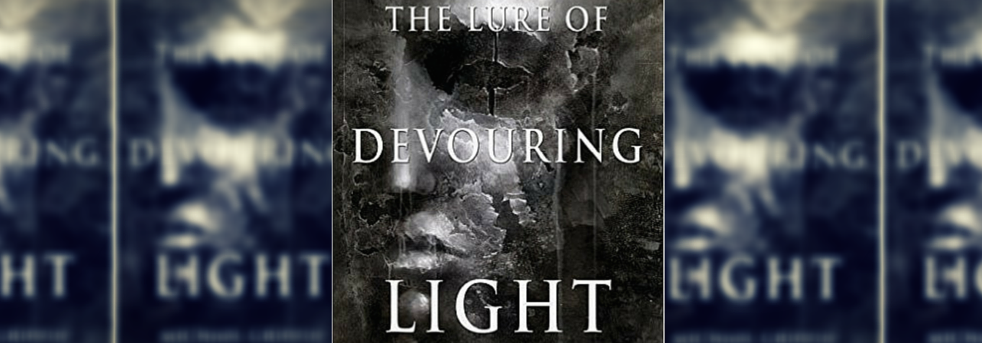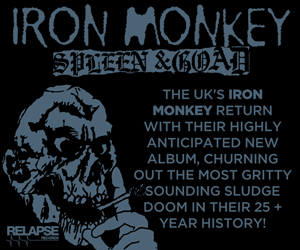Reading Michael Griffin’s prose and listening to his ambient/drone compositions achieve similar ends: the effect on the reader or listener is calmly disconcerting. “Calm” might seem an odd word to attach to a horror writer’s prose, but it’s the sort of uneasy calm of a David Lynch set piece. In fact, much of Griffin’s work (in both writing and music) feel Lynchian: there is a feeling of the mundane and familiar carefully overlaid with an unknowable otherness. In his fiction, Griffin establishes settings and backgrounds littered with real-world details (usually set in or around his own Portland, OR) as anchors to tether shifts of unreality and impossible happenings. In his novel, Hieroglyphs of Blood and Bone, for example, he shows us a man of 50, post-divorce, who meets a mysterious woman whose appearance in his life pushes him out of a funk. That description might sound like countless Hollywood afterthoughts, but Griffin uses that familiarity to slowly pulsate his narrative into desolate ambiguity and cosmic unease. By the end of the novel, a reader can’t be sure how much of the narrative to trust at all, nor the actual fate of its hapless characters. Much of Griffin’s writing is almost like cosmic horror glimpsed through a rotting fence: there are rarely the blood-soaked set-pieces that some horror fans come to the party for; monsters are limited to the hidden beasts many humans act to ignore within themselves. Yet, SOMETHING is happening behind the shroud of reality. I could see his writing being maddening for horror fans who want a sly antagonist tormenting doomed cannon-fodder. However, Griffin crafts his words for mood – one almost gets the sense that he’s searching for a way to abandon plot altogether, as if it’s a irksome piece of baggage he needs to cart with him on his journey towards feeling and emotions. The same can be said of ambient and drone music in general, and certainly his own compositions as well as the many released on his Hypnos label: it’s music that seeks to leave “music” behind, rejecting tropes that more structured genres take for granted. Ambient music is about taking the listener to a place of mood, emotions, and sensations. Griffin’s writing is the same.
He was kind enough to answer some of my questions about his writing, music, and running a label that focuses on such specific music. We planned to conduct the interview by email, but first, as you’ll see, a PM conversation over Facebook started drifting towards where I wanted to go almost by accident.
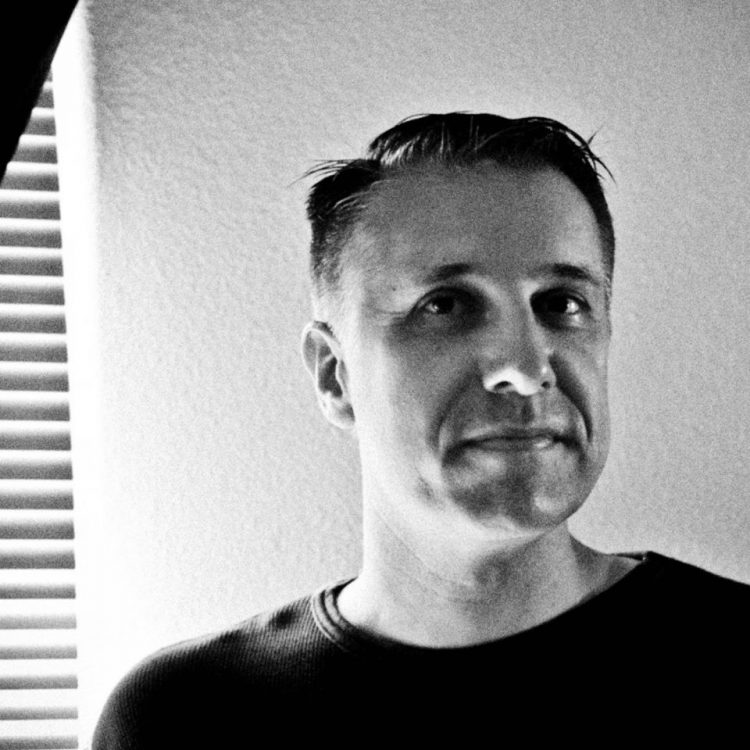
Courtesy of Author
I really enjoyed Hieroglyphs… it felt like I was experiencing a David lynch film through reading. It also felt very much like an ambient piece of music which is fascinating given your other endeavors.
MG: That’s great to hear! Hieroglyphs is really important to me, though I realize some will find it too weird/crazy.
I can see people wanting more structure, but there’s plenty of that out there already
Yeah, I think it does what it’s suppose to do, but maybe publishing a book with Journalstone, some people bought it thinking it was going to be more “straight” horror. I’ve seen a few reviewers say some variation on “Well-written, but not at all what I expected or wanted.”
As long as they are self-aware; writers with a unique voice or focus will never be everyone’s cup of tea. I know people who can’t get into Evenson’s experiments with plot structure or purposefully-wooden characters, or people who can’t see past Bartlett’s farce for the horror behind it.
You’re right, and I’ve often insisted to my wife that I’d rather write something that a few people feel very strongly about than something more people read, but nobody feels much about.
Considering the music you make and release, you have to be used to catering towards specific tastes. An average music fan isn’t going to listen to drone.
That’s true. I could see my writing appealing to more people than my music.
Ha, oh no! We’ve started the interview!
Oh shit. OK, I will say no more! See, here we thought we were just goofing around and we were actually accomplishing something.
This is really detrimental to my sense of failure… I will attempt to build a barn or something I could never do.
[we switch to e-mail]
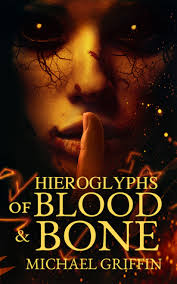
Image courtesy of Journalstone Press
Jumping off from the PM conversation, you mentioned that your writing could have more mass appeal than your music. So which came first? What’s the timeline of your artistic output?
The whole artistic-output timeline is pretty complicated, with lots of back-and-forth. For example, between ages 12 and 18 I really wanted to be a comic book artist, and in college I probably worked harder on photography than fiction.
If I narrow it down to just writing and music, though, it’s a little more straightforward. I wrote fiction briefly in my teens, then started again more seriously in college and for a few years after, then set that aside when I started making electronic music. Then I started the Hypnos record label and that took most of my focus until after I was married. My wife Lena not only took over a lot of the work running the Hypnos store, but also encouraged me to begin writing again, and picked up the slack in many other ways around our household and in our life to free me up to pursue that. Since then, I’ve been pretty narrowly focused on writing, though I’d like to give a bit of my attention and time to working on music again.
What attracted you to ambient/drone music? How do you make the leap from making your own to starting a label?
I think my interest in ambient music began as a branching-off from my interest in other instrumental electronic music, like Jean-Michel Jarre and the film soundtracks by Giorgio Morodor, in the late 70s. My dad had some of these records, and I found them through him, and from there it was an easy step toward Tangerine Dream, Klaus Schulze and Brian Eno in the 80s when I was in college. Finally in the 90s I discovered the kind of deeper drone and ambient music by Lustmord, Thomas Koner, Robert Rich and others, that inspired me to begin recording my own work in that style.
After years of experimentation, I accumulated some tapes that I felt good enough about that I decided I wanted to release a CD of my own work, and I made plans to start a record label that might release one CD per year – something like that. Along the way, I came to know many other interesting recording artists who were looking for places to release their work. Back then, it was not a simple or inexpensive thing to create a CD of your own music, so few people were self-releasing, and when some of these artists heard I was launching a label, they were very interested. In 1997, I began planning a various artists compilation to be called The Other World, and invited some of these people to participate. So many people became interested in being part of it that I expanded it to a double-CD project, and many of these artists ended up releasing full-length CDs on Hypnos in the coming years. So the original idea was to release my own music only, but I quickly became interested in working with others once I realized how many amazing artists were looking for a label.
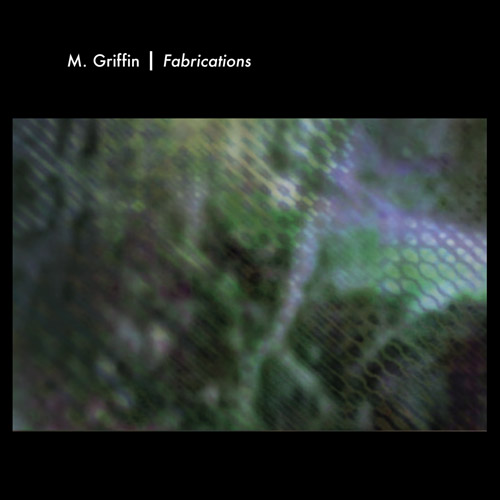
Image courtesy hypnos Records
What considerations go into such a specialized label? How do you market and move ambient music, and has that changed in the last two decades?
Many of the considerations that guided the way I set up Hypnos have changed over the past twenty years. Ambient music was and is still a niche audience, but back in the 1990s it was very feasible for a small label to sell 1,000 or more copies of each CD released. The idea was just to get the music out there via conventional distribution into stores, and by getting to know a few mail order businesses, as well as selling them myself first via mail order (actually laser printing and stapling catalogs and mailing them to people, who would mail me a check with their order form filled out) then via ecommerce. I also advertised in small magazines, and was active in various online ambient music communities, going back to the old days of Usenet.
To put it simply, the idea was to keep the operation small and nimble, and to do as much as possible of the work myself. That meant I learned how to lay out a CD booklet and tray card (and later a digipak), and in most cases did the cover artwork and photography myself. I edited and mastered most of the audio myself. This kept the expenses associated with creating a CD to an absolute minimum, and ensured that even when sales of music on CD declined, Hypnos was able to survive. I never stopped working at my day job, even during those great years around 2000 when I earned much more from Hypnos than from my salary.
Many things have changed about how people consume music. Fewer people see music as something to spend money on, because they have more free music (either streaming, or digital downloads they didn’t pay for) than they have time to listen to. People who do buy music mostly prefer downloads, so a label has to adjust to selling CDs in much smaller numbers, or just switch entirely to digital. I’m interested to watch the upsurge in interest in physical products – especially vinyl, but also cassette – and I’m curious to see if the CD has any kind of comeback.
I’ll also mention, by way of connecting the music side of things back to my fiction, I have a story in the upcoming anthology Looming Low which addresses (in a weird, fictionalized way, of course) some of the experiences of a record label owner watching sales drop off and the business decline. The story is called “The Sound of Black Dissects the Sun” and concerns an anonymous demo received in the mail, which seems to have an effect of turning reality into a disintegrating nightmare.
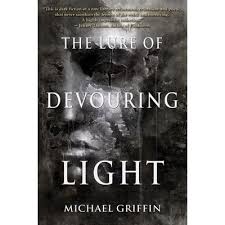
Image Courtesy of Word Horde
Cool! And that story won’t be the first time you’ve included music in your prose – the title story from Lure of Devouring Light focuses on an experimental cellist whose compositions seem like something Touch would put out, and even in Hieroglyphs of Blood and Bone the main character, Guy, purchases specific albums as a metaphor for rebuilding himself. Do you write about music because it’s a “write what you know” thing, or do you see a more intrinsic connection between music and writing?
Now that we [are discussing] the place of music in my stories, I can think of several examples where the music a character is listening to or buying is mentioned in the story. I haven’t thought of the insertion of the element of music into my writing as an attempt to write what I know, exactly, but music or ambient sound are important to me because of the way sound has the power to influence a mood or a state of mine in an almost drug-like way. I suppose I think of it almost like applying a soundtrack to the story, which changes the psychological and emotional landscape of the story. Of course, I don’t really imagine that most readers will actually seek out the music and listen to it as they read. In many cases, specific music I mention in a story happens to be the actual music that I was listening to while I was writing the story. Part of my routine for building a story is deciding what kind of playlist or soundtrack will accompany my writing. Sometimes I start with a long playlist, and add and subtract things until I find what fits the right mood, and other times the playlist might be a single album, played over and over and over. In the writing of Hieroglyphs, I listened to my Wardruna CDs hundreds of times.
So that’s the literal place where music intersects with your written work, and now I’d like to discuss a more metaphorical connection. When I read your prose, it FEELS like ambient music. And certainly comparing writing to a movement of music isn’t new, but your work especially strikes me in the same way a carefully composed drone piece feels. There is purposeful repetition. There is otherworldliness. You work within the horror field, but your prose isn’t “scary” so much as “haunting,” which is an adjective regularly applied to ambient music. The touches of mundane life in your writing seem less like traditional exposition and more like how you sometimes use sampled voices in your compositions: they’re there to disarm or provide of sense of the uncanny. So, is this purposeful? It seems like more than a coincidence that you compose ambient music and also write stories that are more about evoking mood than advancing plot.
I’ve seen a few people compare and contrast my work in ambient music with my written work, roughly just as many saying they see strong similarities (both the music and the stories are spooky, otherworldly, dark and moody) as seeing strong contrasts (the music is very minimal and unstructured, while the style of the writing is more ornamented, and the stories, while not plot-focused, do respect traditional narrative structures). I see both judgments as being true, and not even necessarily contradictory.
For my own subjective point of view as the person who made the writing and the music (rather than trying to assess my own work as a critic would), I’d say my approach to making stories feels very different from my approach to making music. My writing is very planned and organized, and painstaking to a degree that might even be excessive, while my music is more improvisational and intuitive, more about feel and mood and texture, without a lot of worry. I definitely never set out to replicate any aspect of my music in my writing, and never gave any consideration to possible overlap or commonality until I was well along with writing. But it doesn’t surprise me that some commonalities would occur, even without any planning or intention behind it.
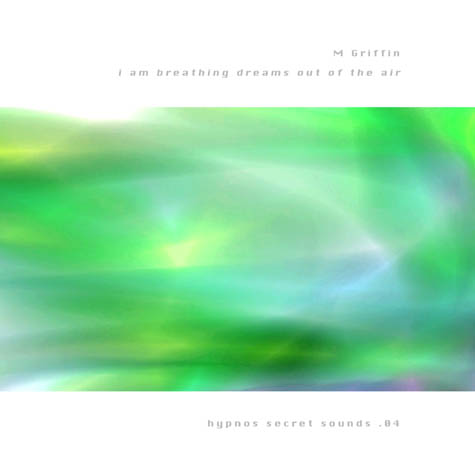
Image courtesy of Hypnos Records
What’s next for both your music and writing?
I’ve taken a long break from working on music, both because I’ve been so focused on writing, and because I may have needed some time to allow inspiration to return. I’ve recently been working again, resetting my studio, reconnecting everything, updating software and re-learning my tools. My intention is to start gradually recording new work, and I have ideas for a few different projects. First, I’m interesting in exploring pure, minimal drone, inspired by Elian Radigue. After that, I have in mind to work on something more musical and structured, possibly with contributions from a few different collaborators.
As far as writing, my focus right now is to finish up a couple of stories I owe for anthology invitations, then take a break from short fiction and spend the rest of the year entirely working toward a new novel. That will probably be the next book I publish, though it’s possible my second collection, which is tentatively called The Human Alchemy, might come out earlier. I also have in mind a series of collected novellas which follow the exploits of a character from my story “Firedancing,” which appeared in the Laird Barron tribute The Children of Old Leech.
Thank you very much for your time!
Thanks for all the questions, Gus, and for your patience when I took long breaks in between answers!
Catch up with Michael and his various projects here:

